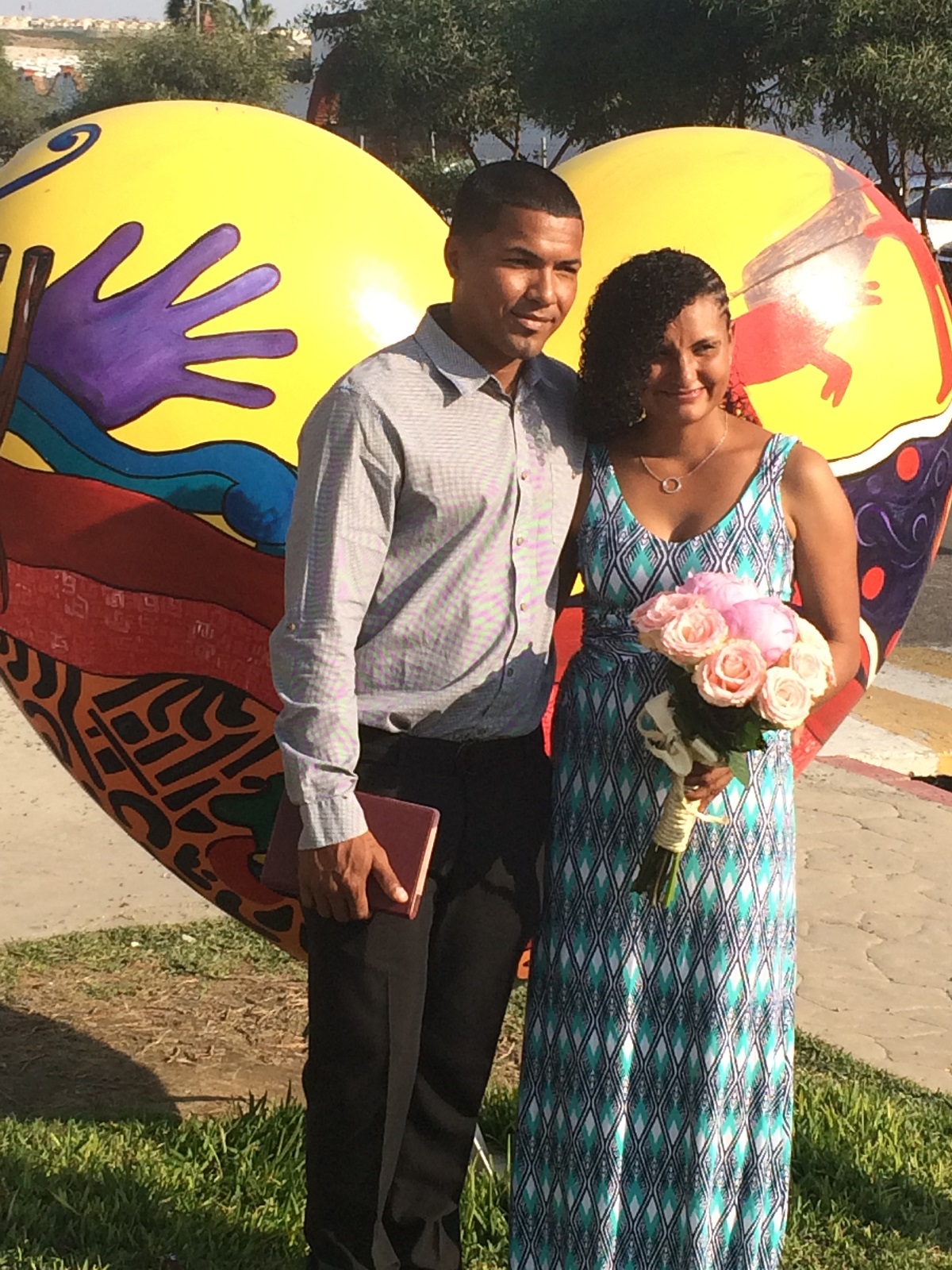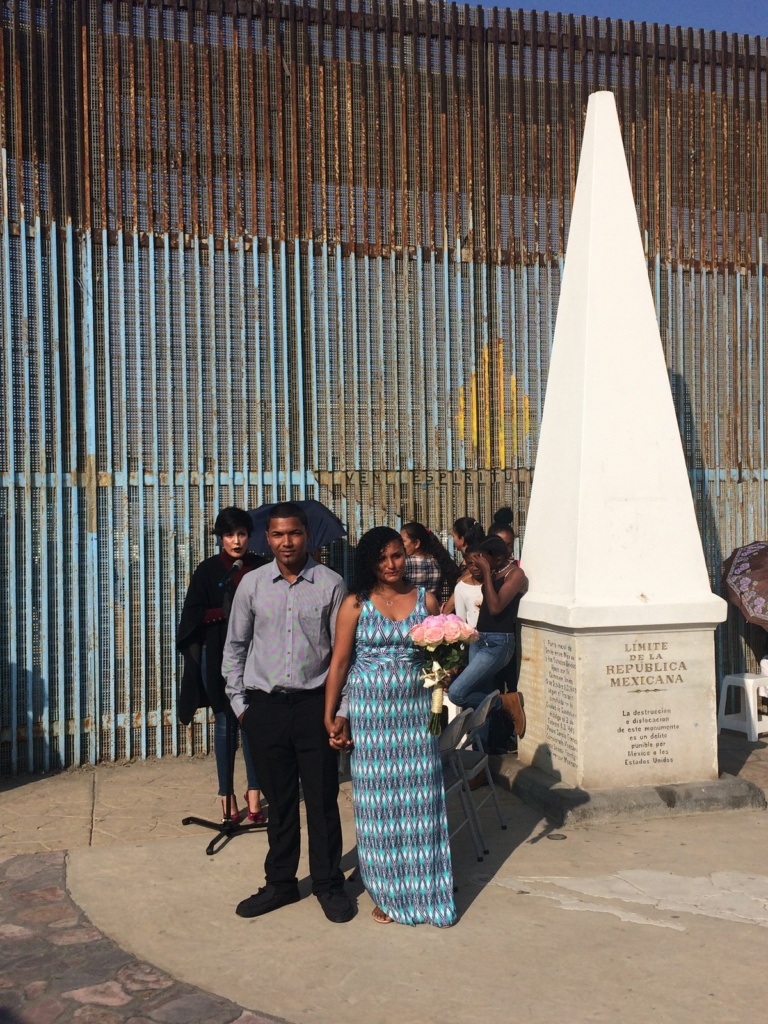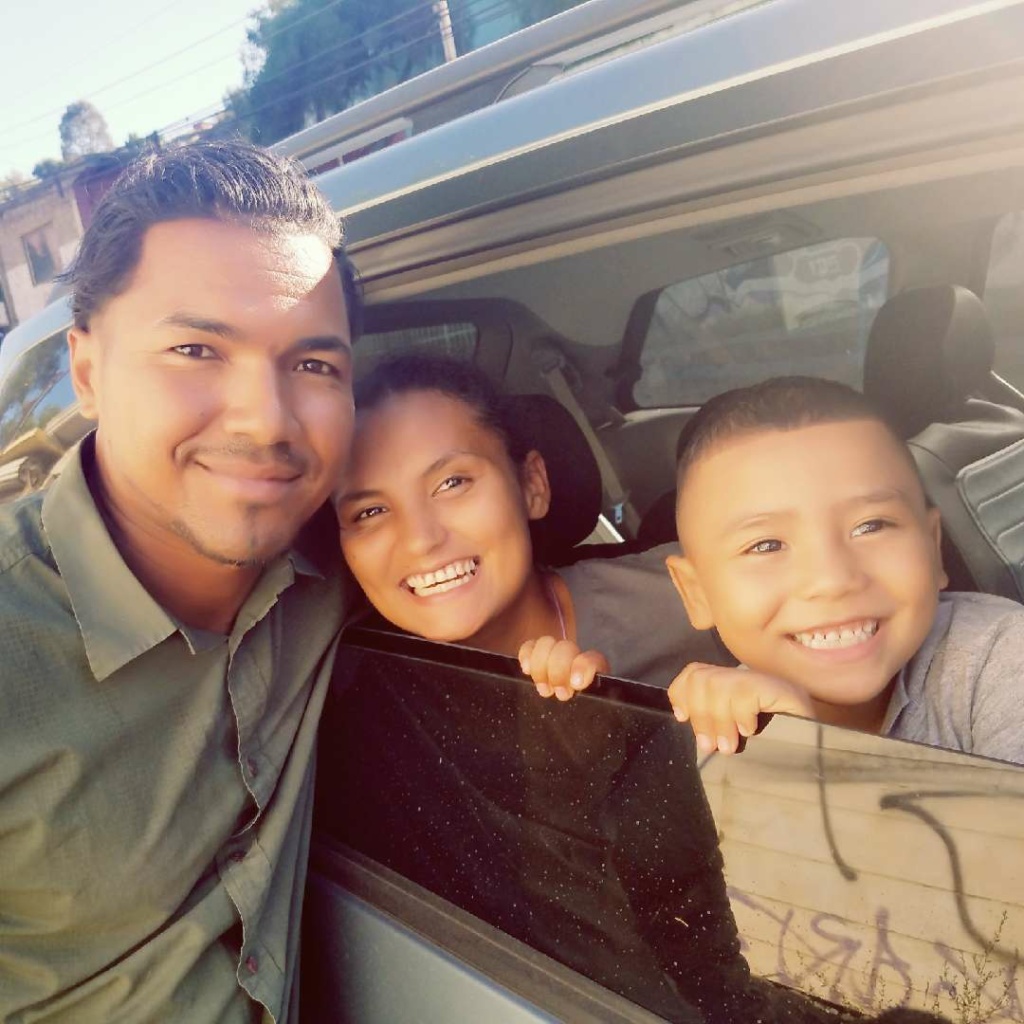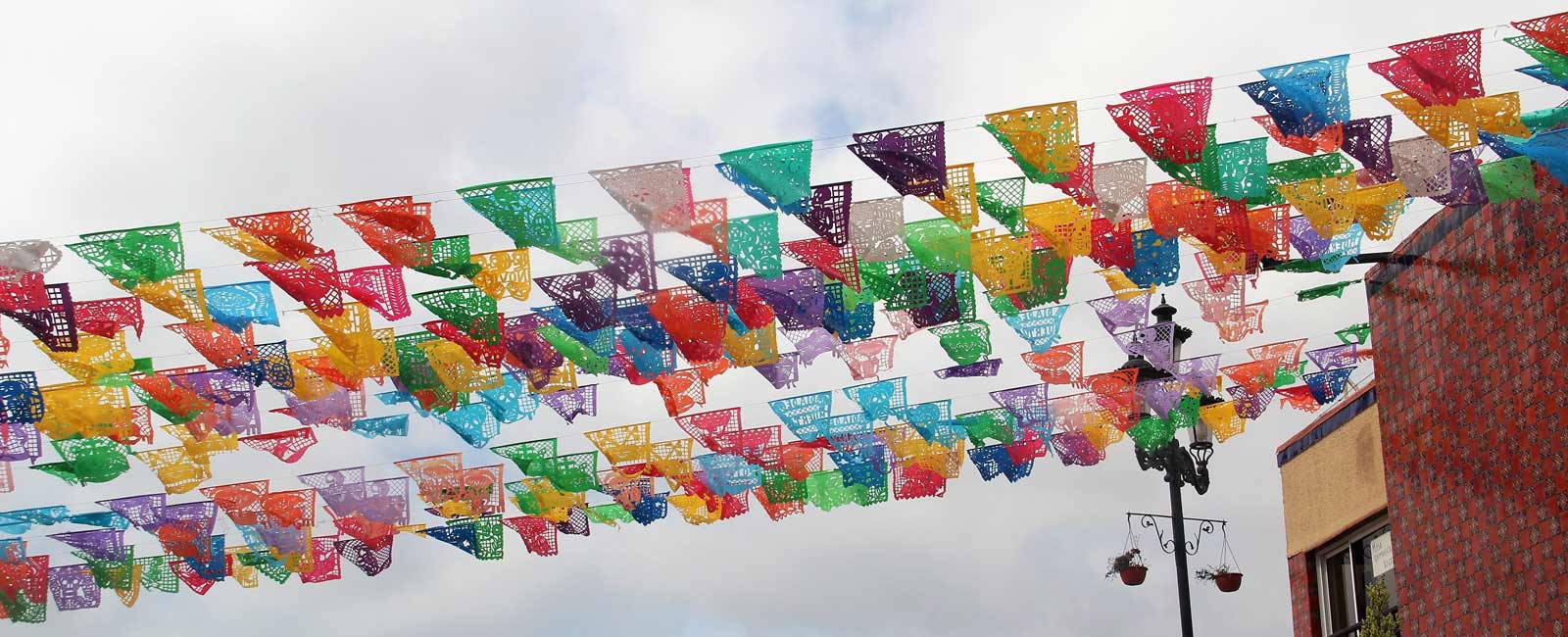
Crossing Borders: One Year Anniversary
I recently celebrated a special anniversary: one year of organizing and co-leading our Crossing Borders: San Diego/Tijuana Student Travel Experience. What has working in ethical student travel taught me? Savor every moment in the company of the many migrants we meet. More often than not, we hear someone’s story and then they disappear into anonymity: to immigration detention, a smuggler’s van, back to their home country or to a remote neighborhood of Tijuana. Of the many people I have met over the last year, whether any of them have been granted asylum remains unknown to me. As the Trump administration continues to tinker with international humanitarian law, being granted asylum is a subjective exercise of official whim. We teach our student travelers to treasure the first-hand testimony of migrants as a gift. Refugee stories, escaping pandemic violence and poverty, comprise the first draft of our history.
As asylum is such a rare prize these days, when I meet a migrant person on the Mexican side, I have learned not to expect to see them the next time I shepherd students on this life-changing educational travel adventure. This is why I was so overjoyed to see Karla again. I wrote about her in November 2018, after Harvard-Westlake School students filmed parts of her wedding at the Border wall.
Bearing witness to the migrant experience on our borders, transforms student consciousness unlike any service-learning travel I’ve seen. Students get invested in our democracy because they connect with the stories of people affected by U.S. policy.
I talked with Karla online on the day before she was to report for her asylum hearing in late November 2018. And then crickets. Nothing for months. Where was she? What had happened? Why wasn’t she answering our Facebook messages? Our imaginations could not have prepared us for what we learned of her ordeal when we reconnected again in June 2019.
Karla was held U.S. detention for weeks. The conditions she described were horrific. Ultimately, she was unable to satisfy the “credible fear” threshold under the Trump administration, despite a host of documentation of violence suffered by her immediate family, and was deported back to Honduras. The tyranny of no alternatives compelled Karla forward: she saw no choice but to flee alone with her young son, back through Guatemala, mainland Mexico, up to Tijuana where her husband awaited. Peace Works Travel and the alum who made “Wedding at the Wall” helped fund her second journey north.
About making “Wedding at the Wall”, Lily Xie, the student filmmaker told us this:
“Before going on the trip, I was very concerned and aware of the poverty & violence issues in the Northern triangle (El Salvador, Honduras, & Guatemala). I really wanted to make a film on the asylum seekers from that region. When I saw Karla & Hernandez’s wedding at the border wall and found out they were from Honduras, I knew they had a story that should be heard. I hope that through my short film people can learn to analyze the news and other situations through multiple perspectives. Migrants don’t just enter the U.S. to “invade the country,” they are merely people who want to survive or people who, like all of us, strive to live better lives.”
Karla finally made it safely with her son to Tijuana by the late summer 2019. She feels so blessed to be reunited with her husband, to have time to rest, heal and make a new life in Tijuana. Seeing her safe and in person last month filled me with gratitude and appreciation for her friendship. A group of our high school student travelers from Colorado had seen “Wedding at the Wall” and were eager to meet her in person: we shared lunch, spent a long afternoon visiting and then her husband joined us for dinner.
I can’t remember the last time I felt so happy to see someone I barely knew. When was the last time I was so psychologically invested in a person’s journey that hadn’t taken place in a book or a film? Thanks to Peace Works Travel community partners in San Diego/Tijuana, Karla’s son is enrolled in school and her husband has found work. Karla is still healing from her second arduous trek northward. Did you know that there is effectively a modern-day Underground Railroad through Latin America, helping migrants receive basic humanitarian services: food, clothing, communications, shelter and transport? Preparing students to think critically and to approach issues such as migration, human rights, access to education and jobs, and root causes and outcomes of extreme violence and poverty in our hemisphere and around the globe has never been more important.
Karla is one face of thousands. Her story gives us hope that others, too, may find security and peace. Thanks to her dogged self-determination to survive and thrive and the generosity of strangers along the way, she is beginning a new life in safety and freedom. I treasure her friendship and am happy that at least this one migrant can share a hopeful story with our student travelers who are crossing borders for peace.


